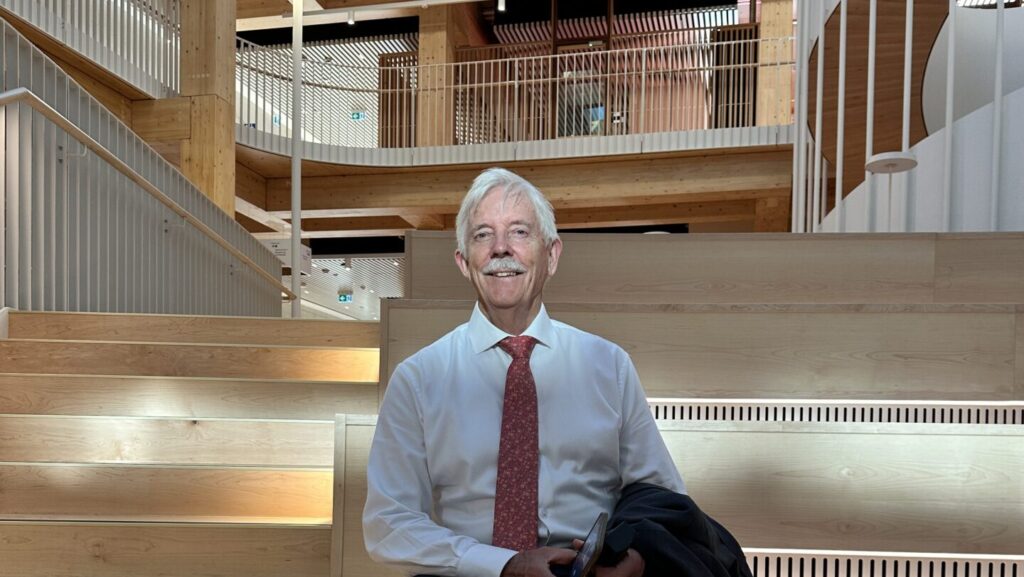Every week, on average, I receive an email or letter requesting that I, as president of the South Pacific Division (SPD), fix a particular problem. As a leader, one of my roles is to work with people and solve difficult situations. However, the thinking behind the request is usually that I have executive power to do what I think is best. In other words, I have the authority of the CEO of a company or the president of a country. After all, the title we give leaders in our Church is “president”. Whether it is George Bush, Barack Obama or Donald Trump, the president of the USA is considered the most powerful person in the world, and they do have some executive power to do exactly what they think best.
However, within our Church, the president, or for that matter any of the senior officers—secretary and chief financial officers or treasurer—do not have executive power or authority. The senior officers of the Church are responsible to the executive committee. The executive committee has the power and authority; not those in the position of leadership. In other words, as president I am accountable to the executive committee and it is their decisions that have executive authority not my decisions.
In reality, the Seventh-day Adventist Church is structured with the people having the power and authority. This is the biblical model that the Church aims to implement. Our fundamental beliefs highlight the priesthood of every believer. Every follower of Jesus who belongs to the Seventh-day Adventist Church receives the Holy Spirit. The Holy Spirit living within the person is the presence of Jesus in the disciple’s life. The Holy Spirit gives power for a person to become more like Jesus in character and lifestyle. The Holy Spirit gives gifts to each person for ministry and witness so we can make more disciples. God gives the power and authority to each disciple of Jesus.
Disciples of Jesus form local communities of faith—or churches—that coordinate and oversee the work of the followers of Jesus.
Within the Adventist Church the church board does the coordinating and overseeing and has the executive authority in the local setting. These churches chose representative members who they trust to be involved at the different levels of the organisation—the conference/mission, union or division of the General Conference. Each of these entities has executive committees who are the authority within the territory to which they have been assigned.
If the matter involves a local church the local conference/mission deals with it. If the matter involves a conference/mission, the union deals with it and if it involves a union then the relevant division of the General Conference works through the matter. Even the General Conference cannot dictate to a local church an action unless the General Conference executive committee has voted it and it is within their authority.
The Church has an extensive committee system with representation and skill from many levels in order to make sure the people have the power and the authority. No one person within our Church system has executive power or authority. However, human nature does challenge our system. This should not surprise us because even Jesus had challenges with His disciples on how they perceived leadership.
Just before Jesus went to Calvary, two of His closest disciples, James and John, asked for special privilege and position—a seat next to Jesus in His kingdom. This would give them more power and authority. When the other disciples discovered this secret request they were indignant—because they wanted the same benefits of leadership from their perspective. Jesus used this as a teaching moment—turning cultural leadership and expectations upside down: “. . . whoever would be great among you must be your servant, and whoever would be first among you must be slave of all. For even the Son of Man came not to be served but to serve, and to give his life as a ransom for many” (Mark 10:43-45, ESV). Simply, leaders and committees are to reflect Jesus and serve His values and purpose.






